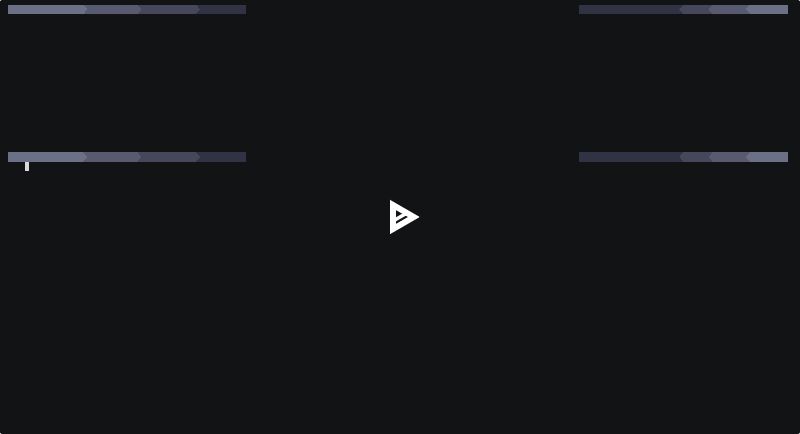4 releases (2 breaking)
Uses new Rust 2024
| new 0.3.0 | May 4, 2025 |
|---|---|
| 0.2.1 | Apr 30, 2025 |
| 0.2.0 | Apr 30, 2025 |
| 0.1.0 | Apr 29, 2025 |
#1444 in Command line utilities
323 downloads per month
66KB
1.5K
SLoC
occasion
This program simply shows one (or many) messages when run during a configured timeframe. Useful to have in your status bar for example.
Demonstration
Installation
Currently, you can grab the latest release.
You can also run cargo install occasion or cargo binstall occasion and it will be avaliable in your PATH.
Nix (with flakes)
Alternatively, if you use Nix, occasion has a Nix flake and a home-manager module for you to use.
In your flake.nix, add this to your inputs:
{
inputs = {
# .. snip ..
occasion.url = "github:itscrystalline/occasion";
};
# ..
}
This flake contains two packages: occasion, which is the latest release on Github Releases, and occasion-latest, which builds from the latest commit on the main branch. They are avaliable with inputs.occasion.packages.${pkgs.system}.occasion and inputs.occasion.packages.${pkgs.system}.occasion-latest respectively.
To use with home-manager, import the occasion.homeManagerModule in your home-manager imports, you will then have access to programs.occasion. For example:
programs.occasion = {
enable = true;
# package = inputs.occasion.packages.${pkgs.system}.occasion;
settings = {
dates = [
{
message = "test";
time = {
day_of = {
week = ["Tuesday"];
};
};
}
];
multiple_behavior = {
all = {seperator = "";};
};
};
};
Configuration
When you run occasion for the first time, a default config file is generated for you at CONFIG_DIR/occasions.json.
The value of CONFIG_DIR depends on the OS (source):
| Platform | Value | Example |
|---|---|---|
| Linux | $XDG_CONFIG_HOME or $HOME/.config |
/home/alice/.config |
| macOS | $HOME/Library/Application Support |
/Users/Alice/Library/Application Support |
| Windows | {FOLDERID_RoamingAppData} |
C:\Users\Alice\AppData\Roaming |
The config file is written in JSON, a schema is automatically added to a default config. The schema lives at occasions.schema.json at the root of the repository.
You can check out the schema in the wiki.
Usage
After configuring, simply run the command. If the current day matches any of the rules you set, that message you configured in the rule will show up.
You would probably want to use this in conjuction with another tool that can show outputs of commands, Like in your PS1/Starship, or in a widget program like ewww or conky.
For example, in Starship, you can define a custom block in your ~/.config/starship.toml:
[custom.occasion]
command = "occasion"
when = true
style = "fg:blue bg:black"
format = '[ $output ]($style)'
then, add it to your format:
format = """
.. snip ..
${custom.occasion}
.. snip ..
"""
You would get something like this.
Development
A Development environment can be set up automatically with devenv.
Otherwise, Install Rust 1.86.0 from https://rustup.rs, and cargo-tarpaulin for code coverage checking.
To run tests and generate a code coverage report, run devenv test -d (omit the -d flag if you wanna rebuild the environment everytime), or without devenv, run cargo tarpaulin --color always --skip-clean (or without --skip-clean to rebuild everything everytime).
Otherwise, run the standard cargo check, cargo clippy and cargo test for checking, linting, and testing (without coverage).
Dependencies
~3–11MB
~118K SLoC

